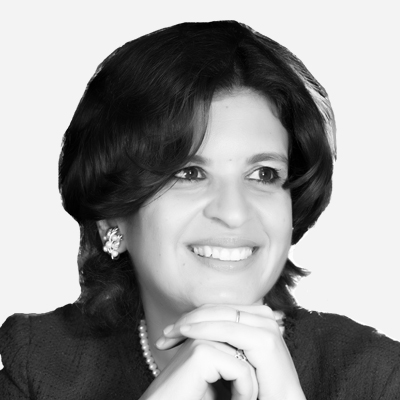Speaker Bio & Abstract

CEDEJ-CNRS
Egypt - France
BiographyDr. Hala Bayoumi is a research engineer at the CNRS France (National centre for scientific research) and head of the Digital Humanities cluster at the CEDEJ (Egypt). She holds a Ph.D. in Computer Science and applied mathematics from EPHE (Paris, France) and a habilitation in Geography from university Jean Moulin (Lyon, France). She is the winner of the CNRS 2017 crystal medal, and ambassador of the program la Science taille XXelle. She published different books and web portals and co-edited recently with Karine Bennafla Atlas de lgypte Contemporaine, 2020. She coordinated since 2010 a Master's level diploma in Data Analysis and Spatial Analysis Techniques (GIS 4D) for Egyptian officials from CAPMAS (inter-university diploma EPHE-university of Lyon). AbstractTwo centuries of Egyptian census: creation of a web portal of interactive maps and demographic dataThe second largest country on the African continent and the first Arab country by population weight (93 million inhabitants in 2017), Egypt is one of the few countries in the southern Mediterranean to have had a complete population census for two centuries. The first published censuses date back to 1882. From that date onwards, subsequent censuses have been conducted every 10 years with exceptions in 1960 and 1966.
Based on a strong partnership between the CEDEJ and the official Egyptian census institute (CAPMAS), the project aims to create an open-access interactive portal that will present all 14 Egyptian censuses over two centuries (1882-2017). Actually, it presents 3 censuses 2017,2006 and 1996. Data can be visualized and downloaded easily. Interactive and dynamic maps can be created thanks to real-time calculation of massive data. An original feature of this portal is that it includes an "illustration" component with the writing of historical records on each locality.
This work was carried out within the framework of open science. We carry an open data policy in strict compliance with the legislation and in the spirit of Plan S, namely "that data should be as open as possible and as closed as necessary" (https://scienceeurope.org)